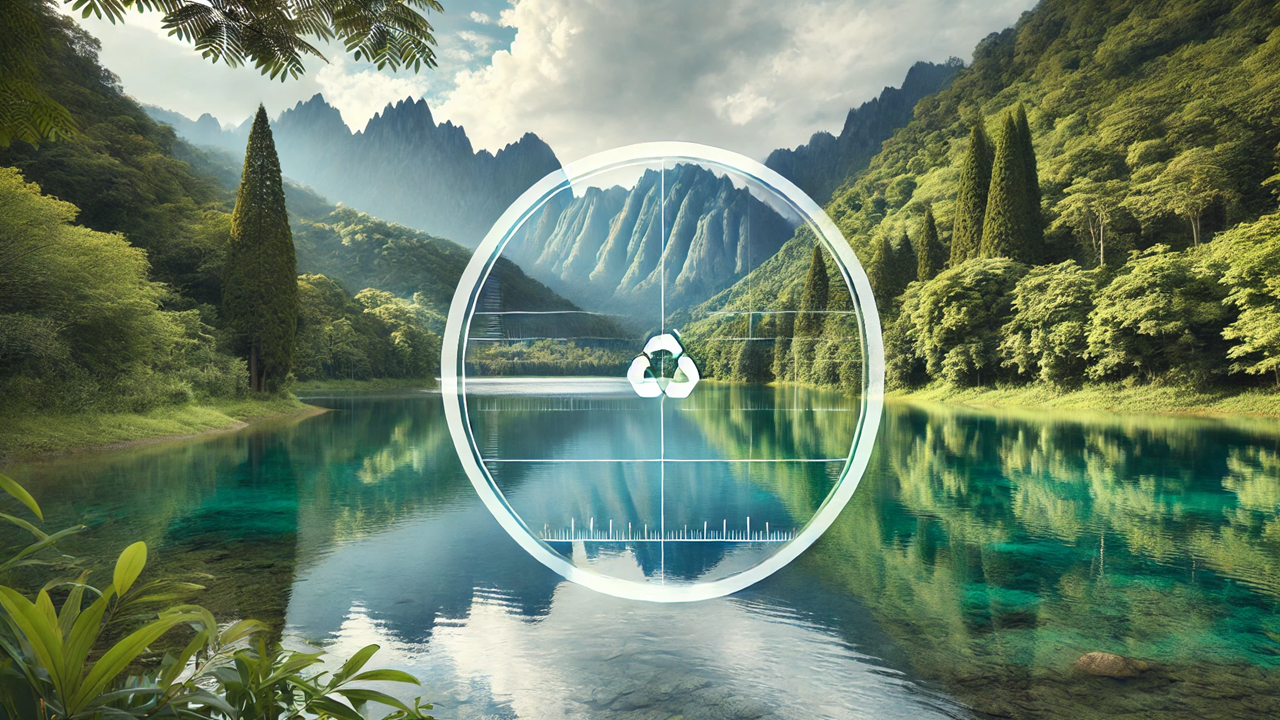Hidden in the Water: How Better Monitoring Could Prevent a Global Health Crisis
The UNEP's latest report on global water quality reveals a growing crisis that could threaten the health and livelihoods of billions by 2030 if monitoring practices are not improved. The report highlights the need for better data collection, particularly in low-income countries, and calls for increased collaboration between governments, citizens, and the private sector to protect and restore water quality worldwide.

In the latest report by the United Nations Environment Programme (UNEP), alarming findings from the 2023 data drive on ambient water quality have highlighted a critical issue: the world is facing a potential water quality crisis that could impact the health and livelihoods of billions. The report, titled "Progress on Ambient Water Quality: Mid-term Status of SDG Indicator 6.3.2 and Acceleration Needs", draws on data from 120 countries and underscores the urgent need for stronger monitoring and data collection to prevent a global catastrophe.
The Growing Threat to Water Quality
Freshwater is the lifeblood of both human and ecosystem health, yet its quality is often overlooked or undervalued. The report reveals that water bodies across the globe are suffering from a decline in quality, driven by factors such as agricultural runoff, industrial pollution, and inadequate waste management. The degradation of these vital resources poses significant risks not only to the environment but also to public health and the global economy.
By 2030, the report warns that the health and livelihoods of 4.8 billion people could be at risk if current water quality monitoring practices are not improved. Low- and middle-income countries, in particular, are facing significant challenges in monitoring their freshwater resources. These nations contributed less than 3% of the more than 2 million water quality measurements reported in 2023, highlighting a severe gap in data that needs to be addressed urgently.
Monitoring Gaps and Their Consequences
The report makes it clear that the existing data is both uneven and insufficient. Many countries, particularly those with low incomes, lack the resources and infrastructure to conduct regular and thorough water quality assessments. This lack of data creates a dangerous blind spot, leaving countries unprepared to address the deteriorating conditions of their water bodies.
Where data is available, it shows a troubling trend: water quality is degrading. In areas where data is limited or non-existent, the situation is even more precarious, with the true extent of the problem remaining unknown. The report highlights the critical need to enhance monitoring efforts, particularly for lakes and groundwater, which play essential roles in providing ecosystem services and mitigating climate change.
The Role of Citizen Science and International Cooperation
For the first time, the report includes data generated by citizen science initiatives, with countries like Sierra Leone and Zambia integrating this data into their national reports. This marks a significant step forward in broadening the scope of water quality monitoring, particularly in regions where official data is scarce. Citizen science has the potential to fill critical gaps, but robust frameworks and adequate resources must support it to ensure the data collected is reliable and actionable.
The report also calls for increased collaboration between governments, the private sector, and academic institutions to share data and resources. It urges national monitoring authorities to assess their current capabilities and adopt open data-sharing policies. This collaborative approach is essential for building a comprehensive global picture of water quality and ensuring that the necessary steps are taken to protect this vital resource.
Moving Forward: A Call to Action
Monitoring alone will not solve the water quality crisis, but it is an essential first step. The UNEP report emphasizes that decision-makers cannot take informed actions to protect and restore water quality without accurate and timely data. As we approach the midpoint of the Sustainable Development Goals (SDGs) cycle, it is clear that more must be done to accelerate progress toward SDG Target 6.3 – improving water quality by 2030.
Governments are urged to fund routine and regular rivers, lakes, and groundwater monitoring programs. Citizens are encouraged to participate in data collection efforts, and the private sector is called upon to share compliance monitoring data. By working together, these efforts can help fill the data gaps that currently hinder effective water management and policy-making.
The report concludes with a stark reminder: the cost of inaction is too high. With billions of lives and livelihoods at stake, the global community must prioritize water quality monitoring and management to safeguard our future.
- FIRST PUBLISHED IN:
- Devdiscourse
ALSO READ
Global Health Updates: From New Cancer Treatments to IPO Insights
Global Health Watch: China's Mental Health Initiative and Pharma Highlights
Global Health Spending Outlook: Challenges and Opportunities Through 2029
Global Health Shifts: Vaccines, Mocktails, and Dementia Plans
India Poised to Lead Global Health with 'Heal in India' Mantra










